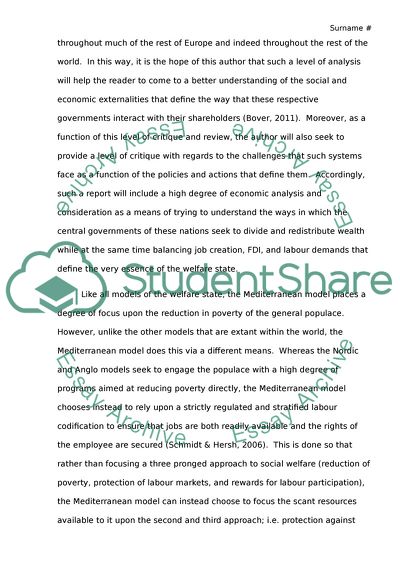Cite this document
(“What are the characteristics of the Mediterranean welfare state and Essay”, n.d.)
Retrieved de https://studentshare.org/history/1617795-what-are-the-characteristics-of-the-mediterranean-welfare-state-and-what-particular-challenges-do-they-face-politics
Retrieved de https://studentshare.org/history/1617795-what-are-the-characteristics-of-the-mediterranean-welfare-state-and-what-particular-challenges-do-they-face-politics
(What Are the Characteristics of the Mediterranean Welfare State and Essay)
https://studentshare.org/history/1617795-what-are-the-characteristics-of-the-mediterranean-welfare-state-and-what-particular-challenges-do-they-face-politics.
https://studentshare.org/history/1617795-what-are-the-characteristics-of-the-mediterranean-welfare-state-and-what-particular-challenges-do-they-face-politics.
“What Are the Characteristics of the Mediterranean Welfare State and Essay”, n.d. https://studentshare.org/history/1617795-what-are-the-characteristics-of-the-mediterranean-welfare-state-and-what-particular-challenges-do-they-face-politics.


